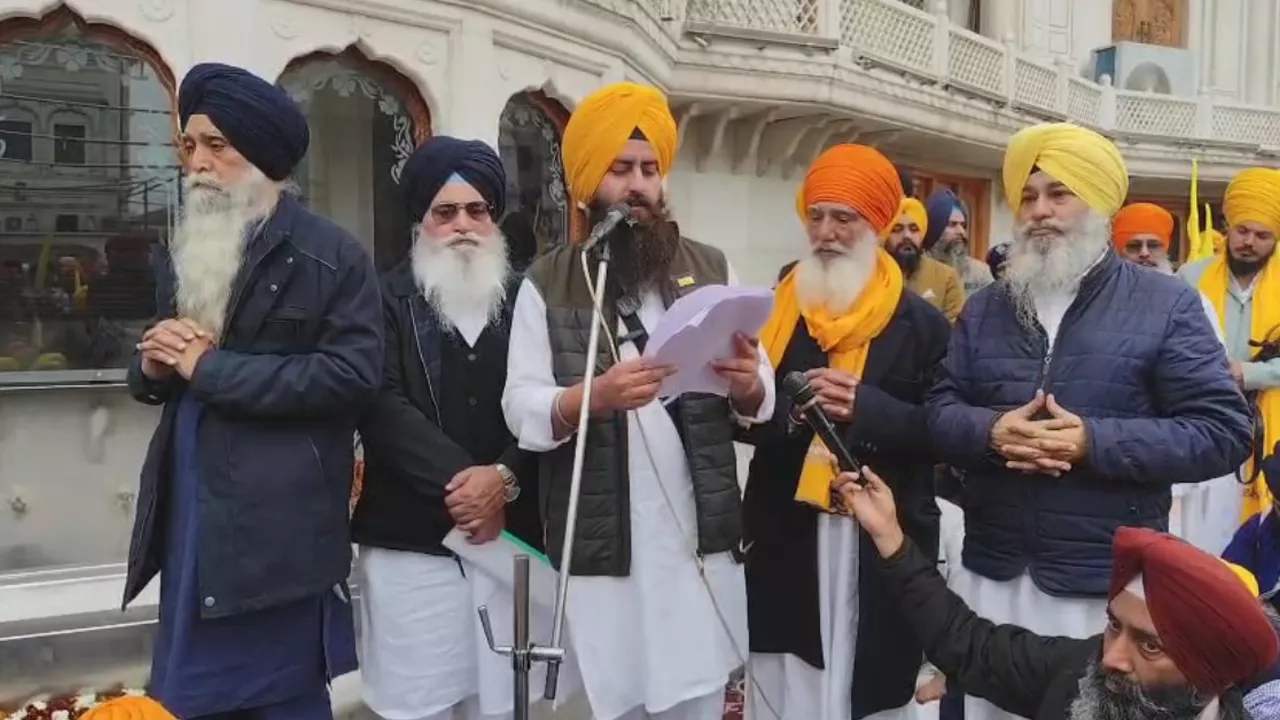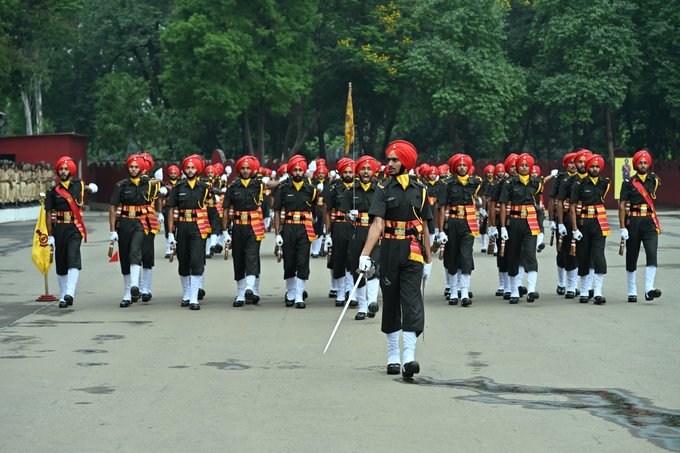The Canadian govt. has invoked a ‘direct indictment’ against four Indian nationals—Karan Brar, Amandeep Singh, Kamalpreet Singh, and Karanpreet Singh—accused in the murder of Khalistani separatist Hardeep Singh Nijjar. This legal move bypasses the preliminary hearing stage, allowing the trial to proceed directly to the British Columbia (BC) Supreme Court without defense lawyers cross-examining prosecution witnesses beforehand. They will now appear on 11 Feb 2025 in the BC Supreme Court. A spokesperson for the British Columbia Prosecution Service stated that the direct indictment is a special measure used sparingly, typically in cases involving public interest or concerns for witness safety. Meanwhile, on 28 Nov, a Canadian court granted an injunction to the Lakshmi Narayan Mandir (temple) in Toronto, barring protesters from gathering within 100 meters of its premises as it hosted a consular camp on 30 Nov. Indo-Canadian community groups welcomed the injunction, noting previous protests by pro-Khalistan groups, including violent clashes between Hindutva mobs at the Hindu Sabha Mandir in Brampton on 3 Nov. The Indian High Commission in Canada organized another consular camp in Montreal on 23 Nov. Amid the diplomatic row between India and Canada, India’s Ministry of External Affairs stated that Indian consulate officials in Canada were informed that the Canadian govt. had placed them under audio and video surveillance, with private communications intercepted. India protested to Canada's High Commission on 2 Nov, citing ‘flagrant violation of all diplomatic provisions.’ Meanwhile, two Sikh activists Parvkar Singh Dulai and Bhagat Singh Brar, who are on a no-fly list, argue that the listing has labelled them as ‘terrorists’ without evidence.


Like what you're reading? Subscribe to our top stories.
Liv Forum provides a digest of analysis on major issues facing Indian (East) Panjab and Sikhs globally.
In accordance with our Privacy Policy, we will never share or sell the information of our subscribers.






